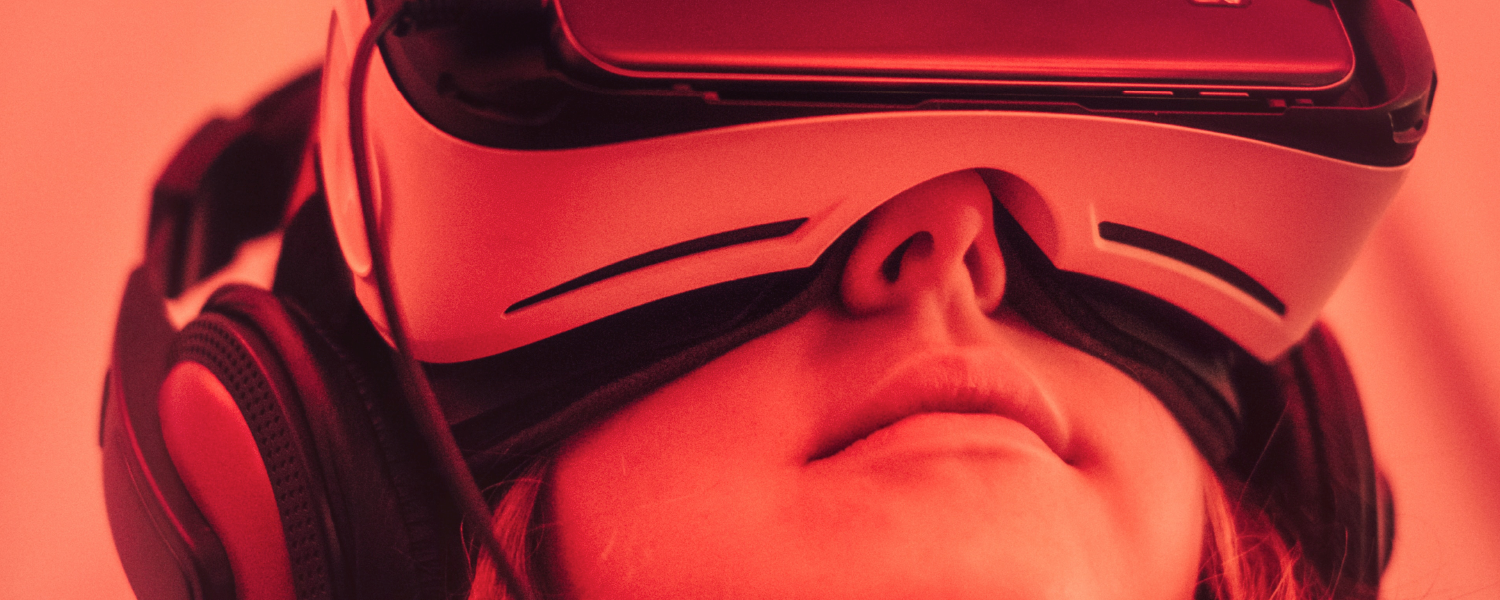Indigenous communities across Canada are putting solar panels on roofs to produce electricity and heat water, using geothermal energy to keep schools warm, and exploring small-scale wind and hydro projects to help power their communities.
Researchers at UCalgary have mapped out these and hundreds of other renewable energy projectsbased on publicly available information, adding to the “very limited literature” in the field.
“We discovered that Indigenous communities across Canada have become real leaders in renewable energy development, initially with small-scale community focus and increasingly into larger-scale initiatives,” says Dr. Gregory Lowan-Trudeau, PhD, a Métis scholar and assistant professor at UCalgary’s Werklund School of Education, who compiled the extensive list of projects with research assistant Rajan Rathnavalu.
Community-based renewable energy projects may also lead to education and employment opportunities and inspire other, similar initiatives. For example, T’Souke First Nation, west of Victoria, trained people as solar technicians to maintain and support their own installations and now share their experiences with other communities.
“They developed a community-based project and then shared that project with other Indigenous communities," says Lowan-Trudeau, "to not only gain that energy independence which relates to political sovereignty, but also as a point of inspiration and support for the revival and maintenance of traditional practices.”
Lowan-Trudeau is also part of a new research group that’s studying the connections between traditional environmental knowledge, renewable energy development, and health in Indigenous communities. The five-year, two-million-dollar CIHR project will have researchers spend time in Indigenous communities and set up field courses for students.
Reflecting on the previous mapping initiative, Lowan-Trudeau says that, “Moving into [a] community-based approach … is definitely where I wanted to go.” Community-based approaches are recognized and valued in Indigenous research contexts as they include community members as active collaborators in the research rather than passive objects of study. This is especially important given the chequered past of research conducted upon Indigenous peoples and communities.
The researchers will use a community’s renewable energy project as a starting point to explore stories of reconciliation and healing toward a better understanding of the link between a healthy natural world and healthy people, Indigenous and non-Indigenous alike.
“How do we start to use traditional values and knowledge of the land while also living in contemporary times to promote personal health, community health for human beings as well as environmental sustainability?” asks Lowan-Trudeau. “Communities have already begun to engage with renewable energy as a way forward. This will give us a bigger picture of understanding.”
Things to remember:
- You can learn more about hundreds of renewable energy projects in Indigenous communities across Canada with this interactive map
- A research group with a five year, two-million-dollar CIHR Team Grant will explore connections between Indigenous renewable energy developments, health, and land-based environmental knowledge
Explore our Education program
– – – – –
ABOUT OUR EXPERTS
Dr. Gregory Lowan-Trudeau is an assistant professor in UCalgary's Werklund School of Education. His research interests include Indigenous science and environmental education, Indigenous environmental knowledge and philosophy, renewable energy development, environmental health and justice, and social movement learning. View Gregory's publications

